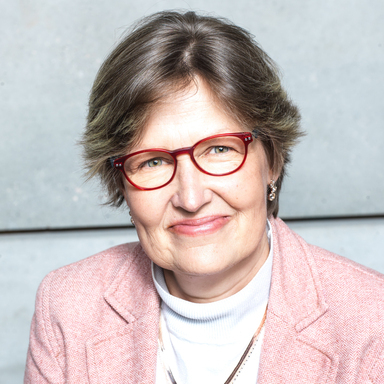Democratic Governance and Agency

The research group "Democratic Governance and Agency" conducts problem-driven research about the transitions to climate-resilience. It investigates the conditions necessary for sustainability transformations, mechanisms for political and financial participation, and the design and assessment of climate and energy policies. This research recognises the critical role that individual, proxy and collective agents play in driving or hindering change in the policy arena. This includes understanding the structures of power and the momentum for change as well as identifying and creating opportunities for action.
Provide robust scientific insights that inform policy decisions for rapid and socially just climate and energy transformations is the primary goal of this research. The group studies governance on all stages of the sustainability transition, from innovation and diffusion of climate-friendly technologies to institutional change and policies for phasing out fossil fuels and developing a zero-carbon economy and society. Interactions between different levels of governance (the local, regional, national and international levels) are considered with a particular focus on the role of subnational actors. The researchers also explore which democratic processes best support sustainability transformations.
This research includes cases from diverse regions: from the transformation of coal-dependent regions in Germany to energy transitions in Latin America and regions in the Global South. The group collaborates with policymakers, public administrators and civil society to identify and elaborate pathways for sustainable development. This co-creative approach reflects our commitment to a transdisciplinary approach. By taking on a critical, facilitative, and catalytic role in these transformations, "Democratic Governance and Agency" aims to ensure that the transition to a post-fossil society fosters a more just and sustainable world.






















































































